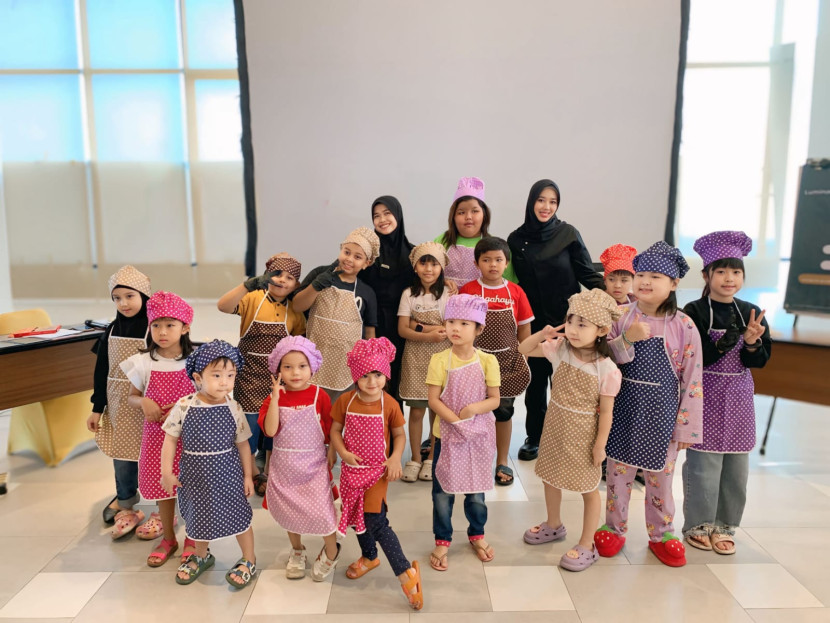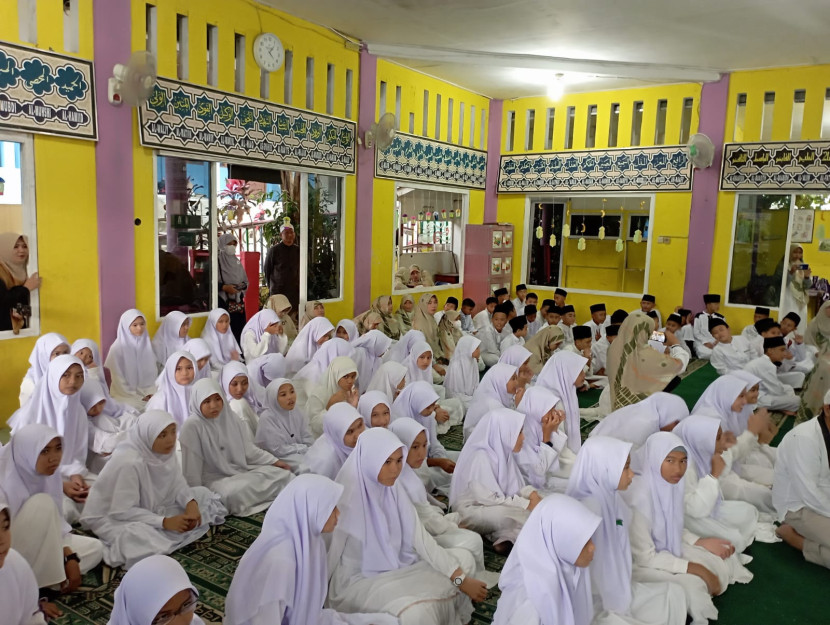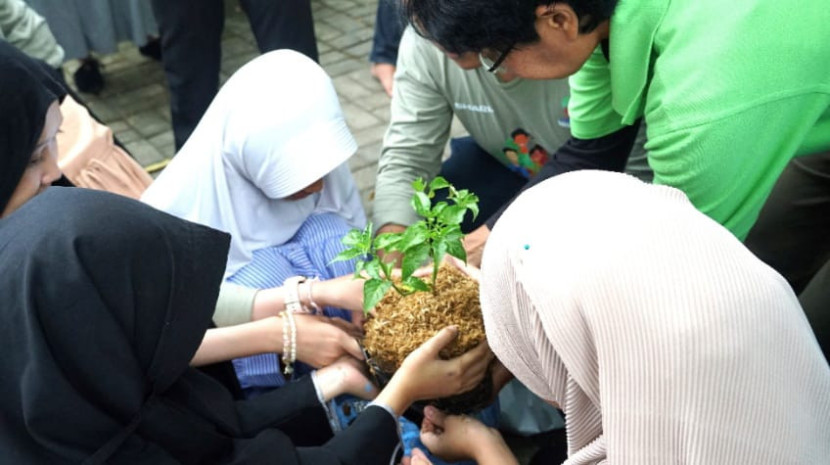Cultivating Global Citizens: The Impact of International School Networks

TOPNEWS62.COM, JAKARTA – Thursday July 3,2025 International schools are increasingly vital in preparing students for a complex globalized world. A key factor in their success is robust educational networking. This isn't just about making friends; it's a comprehensive system of connections that links schools, teachers, students, parents, universities, and external partners. The goal? To share information, resources, and new ideas to significantly improve the quality of learning and, ultimately, the quality of their graduates.
This concept of networking is especially powerful in the context of international schools, where the aim is to produce graduates who are not only academically strong but also globally competent.
This article was written by Dr. Imas Masriah, S.Pd., M.Pd. (Master of Educational Management, Pamulang University, South Tangerang).
Global Associations and Knowledge Sharing
International schools often belong to large global associations, which are crucial for sharing best practices and fostering collaboration. For example, in East Asia, ACAMIS connects over 50 schools, facilitating academic events and sports. Similarly, the Council of British International Schools (COBIS) is a huge network with over 450 high-standard international schools. Being part of these networks opens up many opportunities. Schools can share curriculum ideas, teachers can access professional development, and students and teachers can participate in exchange programs. This constant exchange of knowledge and experience helps schools stay at the forefront of education.
Connecting Classrooms Across Continents
Beyond formal associations, there are also networks like iEARN and Global SchoolNet. These platforms connect classrooms globally through collaborative projects. Imagine students in different countries working together on a research project online, or exchanging cultural items through "mystery boxes." These initiatives allow students to learn from each other and experience different cultures without needing to travel physically. It broadens their perspectives and helps them understand global issues firsthand.
The Power of a Multicultural Environment
One of the most unique aspects of international schools is their multicultural environment. Students interact daily with peers from diverse backgrounds. This doesn't just build "cultural intelligence"; it also hones language skills and global diplomacy. Learning alongside people from all over the world expands a student's worldview and prepares them to tackle challenges in an interconnected international landscape. They learn to appreciate different viewpoints and communicate effectively across cultures – essential skills for any future career.
Empowering Teachers Through Professional Networks
Networking isn't just for students. Organizations like CEESA (Central Eastern European Schools Association) organize workshops, global language conferences, and "communities of practice" for teachers. These events are vital for empowering international school teachers. They help educators stay updated with modern teaching methods, share their knowledge, and learn from their peers. This continuous professional development ensures that the quality of teaching remains high, directly benefiting the students.
Tech Partnerships and Modern Learning
International schools also often have strong ties with global technology companies and industries. These partnerships provide schools with modern equipment and digital learning materials. This support allows schools to implement innovative teaching methods, such as video-conferencing with experts worldwide or offering international online courses. These technologies make learning more dynamic and give students access to a wider range of resources and global perspectives.
Real-World Global Immersion
Programs like the Extended Exchange and Learning School Project offer students incredible opportunities. They can study abroad for a semester or more, enriching their academic experience and allowing them to adapt to new cultures. This kind of global exposure is invaluable. It significantly boosts graduates' critical thinking skills, social maturity, and helps them build a professional network that spans the globe. They learn to be independent, adaptable, and resourceful in diverse settings.
The Future-Ready Graduate
The result of all these initiatives is truly impressive. Graduates from international schools are not just academically strong; they also possess crucial global soft skills. These include cross-cultural communication, language literacy, and professional networking abilities – skills that are often harder to find in graduates from traditional schools. The combination of a multicultural learning environment and extensive global networking proves to be a strategic investment. It forms future human resources who are competitive, adaptable, and ready to thrive in the global marketplace. This demonstrates how deeply connected and globally minded these schools are, preparing their students for success far beyond the classroom. (Trisi@ Loli Maulina/djaddie)

Founder topnews62.com Portal Berita yang Komperenshif, Akurasi yang menyejukan dan mencerdaskan terkait Wisata serta Gaya Hidup zaman Now

 Gaya Hidup - 03 Oct 2025
Gaya Hidup - 03 Oct 2025




